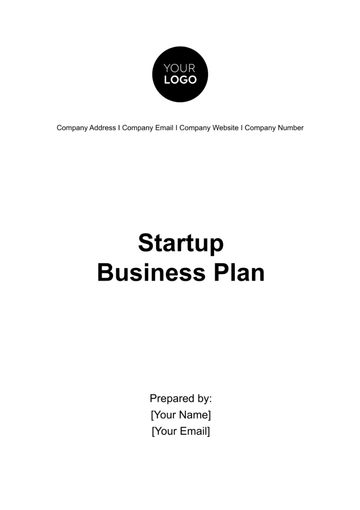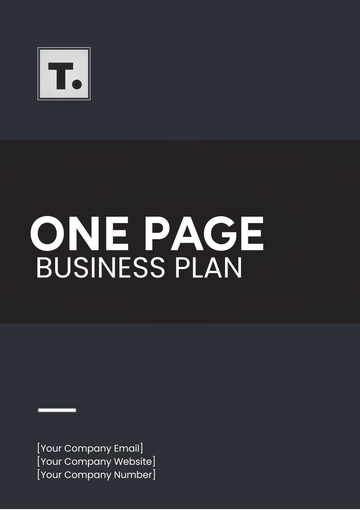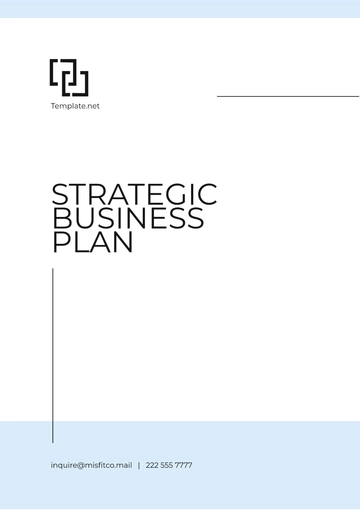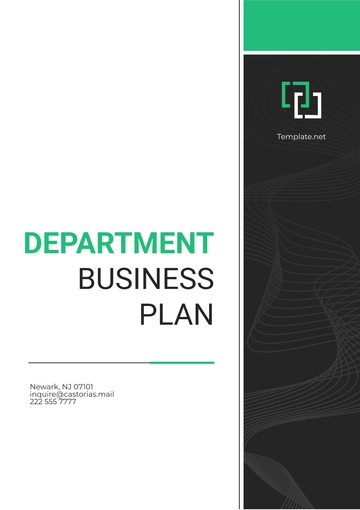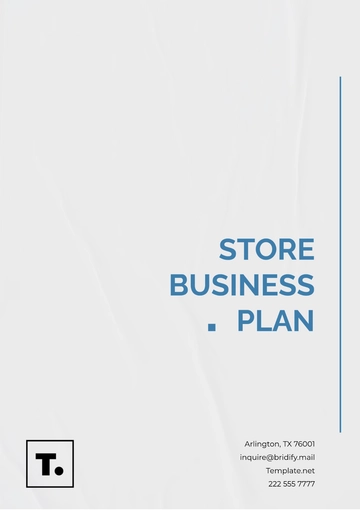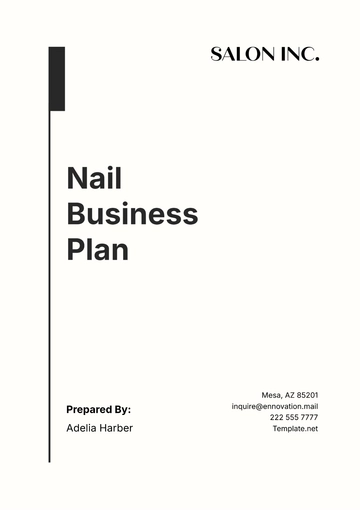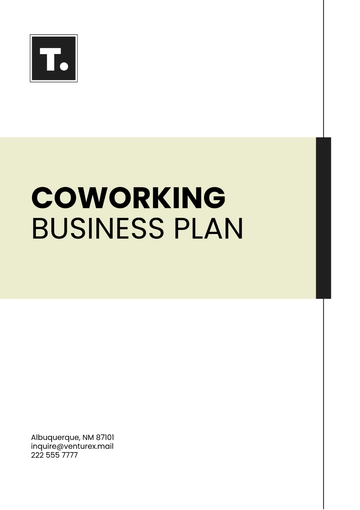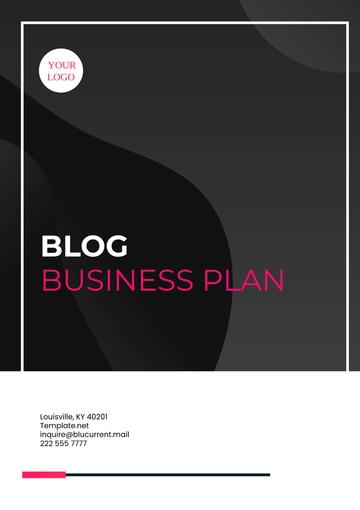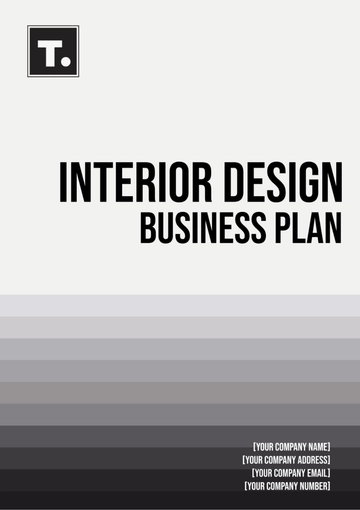Free Automotive Battery Business Plan
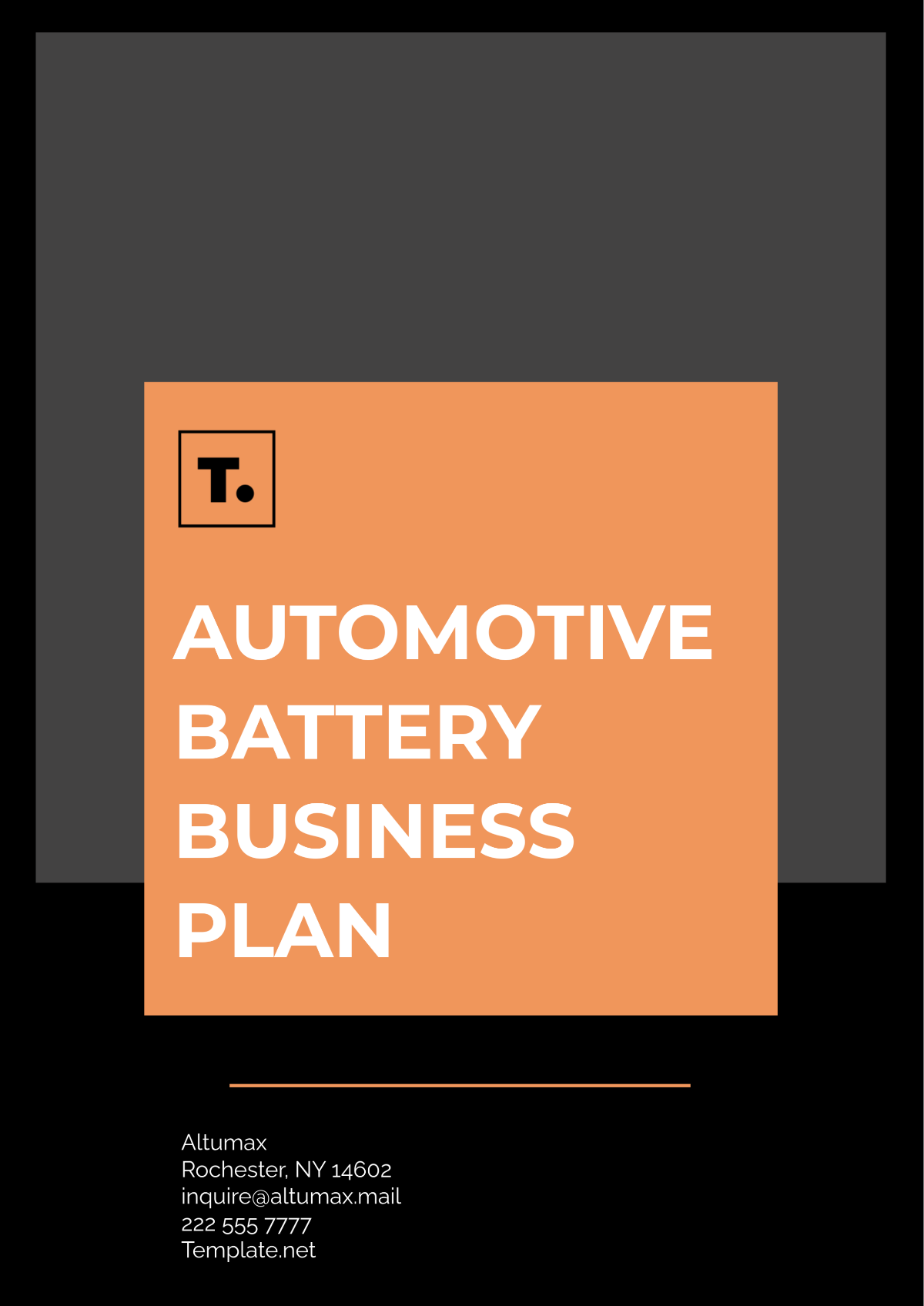
Prepared by: [Your Name]
Company: [Your Company Name]
Date: [Insert Date]
I. Executive Summary
A. Introduction
The global automotive industry is undergoing a significant shift towards electric vehicles (EVs), hybrid models, and renewable energy solutions. As a result, the demand for high-performance, durable, and efficient automotive batteries is growing rapidly. This business plan outlines the establishment of an automotive battery manufacturing and retail business that will produce and sell premium batteries for electric and hybrid vehicles. The company aims to become a market leader by focusing on innovation, quality, and sustainability.
B. Business Objectives
Launch the business with the ability to produce and sell automotive batteries within the first 12 months.
Achieve $10 million in revenue by the end of the second year.
Establish a strong presence in the electric vehicle (EV) battery sector and expand into hybrid and conventional vehicle battery markets.
C. Mission Statement
To provide innovative, high-quality, and environmentally sustainable automotive batteries that power the future of transportation while supporting the global transition to clean energy.
II. Business Description
A. Products and Services
EV Batteries: High-capacity lithium-ion batteries designed for electric vehicles, offering long-range capabilities and fast-charging features.
Hybrid Vehicle Batteries: Specialized batteries for hybrid vehicles, ensuring maximum fuel efficiency and reliable performance.
Replacement Batteries: A wide range of batteries for conventional gasoline and diesel vehicles, offering durable, cost-effective solutions.
Battery Recycling Services: Offering eco-friendly recycling services for used automotive batteries to reduce environmental impact.
Battery Maintenance and Installation: Providing battery servicing, installation, and diagnostics for both individuals and fleet operators.
B. Target Market
Electric Vehicle Manufacturers: To supply batteries for new electric vehicle production.
Automotive Dealerships and Service Centers: For retail and replacement battery sales.
Fleet Operators: Providing reliable battery solutions for commercial fleets and businesses with electric or hybrid vehicles.
Individual Consumers: Offering high-performance batteries for personal electric or hybrid vehicles.
III. Market Analysis
A. Industry Overview
The global automotive battery market is expected to grow substantially due to the increase in demand for electric vehicles and stringent government regulations aimed at reducing carbon emissions. Advances in battery technology, such as solid-state batteries and enhanced lithium-ion technology, will continue to shape the future of the market.
B. Market Trends
Growing EV Adoption: The rise in electric vehicle sales is creating an increasing demand for EV batteries.
Government Regulations: Global governments are implementing stricter emissions standards, boosting demand for electric and hybrid vehicle batteries.
Battery Recycling and Sustainability: Increased focus on battery recycling and sustainability as environmental concerns rise.
Advancements in Battery Technology: Continuous improvements in battery technology for longer lifespan, faster charging times, and enhanced energy efficiency.
C. Competitive Landscape
Key competitors include large automotive battery manufacturers and traditional battery suppliers.
The growing EV market has attracted numerous startups and established players to create innovative battery solutions.
The competitive edge will be in providing cost-effective, sustainable, and cutting-edge technology that meets consumer and industrial needs.
IV. Competitive Advantage
A. Cutting-Edge Technology
Utilizing the latest advancements in lithium-ion and future solid-state battery technologies to create batteries that are more energy-efficient and longer-lasting.
B. Sustainability
Focus on using recycled materials in battery production and offering a battery recycling program, reducing environmental impact.
C. Customer-Centric Service
Providing fast delivery, battery maintenance services, and installation to meet the needs of both individual customers and businesses.
V. Operations Plan
A. Facility Setup
Manufacturing plant designed to handle the production of high-quality automotive batteries for various vehicle types.
Warehousing for inventory storage and distribution.
Service center for battery installations and diagnostics.
B. Technology and Equipment
Advanced battery manufacturing machinery for assembly, testing, and quality control.
Battery management systems (BMS) for optimizing performance and safety.
Automated tracking and monitoring systems to ensure efficient production and distribution.
C. Team Structure
Production Team: Engineers and technicians responsible for the manufacturing process and ensuring high standards of battery performance.
Sales and Marketing Team: Focus on building relationships with automotive manufacturers, dealerships, and consumers.
Customer Support Team: Provide installation, maintenance, and recycling services for customers.
R&D Team: Continuously working on battery innovation and improving battery technology for future market demands.
VI. Marketing and Sales Strategy
A. Marketing Plan
Branding: Establish a strong brand identity focused on innovation, sustainability, and performance.
Digital Marketing: Utilize search engine optimization (SEO), social media campaigns, and content marketing to reach both B2B and B2C audiences.
Industry Partnerships: Collaborate with EV manufacturers, dealerships, and fleet operators to establish long-term supply agreements.
Trade Shows and Conferences: Attend automotive and clean energy industry events to showcase battery technology and establish connections.
B. Sales Strategy
Direct sales to automotive manufacturers and fleet operators.
Retail partnerships with auto parts stores and dealerships.
E-commerce platform for direct-to-consumer sales of replacement batteries and accessories.
Offer battery installation services and after-sales support to build customer loyalty.
VII. Financial Plan
A. Startup Costs
Manufacturing Facility Setup: $3,000,000
Research and Development: $500,000
Marketing and Branding: $200,000
Inventory and Equipment: $1,000,000
Working Capital: $300,000
Total Startup Costs: $5,000,000
B. Revenue Projections
Year 1: $3,000,000
Year 2: $8,000,000
Year 3: $15,000,000
C. Funding Requirements
The company is seeking $5,000,000 in startup funding to cover initial costs and establish a strong foundation for operations. This funding will be sourced through a combination of investor equity, loans, and grants.
VIII. Conclusion
The automotive battery business is poised for significant growth as the global automotive industry embraces electric and hybrid vehicle technologies. With a strong focus on cutting-edge technology, sustainability, and customer service, the company is well-positioned to meet the increasing demand for high-quality automotive batteries and contribute to the transition to cleaner, more efficient transportation.
- 100% Customizable, free editor
- Access 1 Million+ Templates, photo’s & graphics
- Download or share as a template
- Click and replace photos, graphics, text, backgrounds
- Resize, crop, AI write & more
- Access advanced editor
You may also like
- One Page Business Plan
- Coffee Shop Business Plan
- Restaurant Business Plan
- Food Business Plan
- Real Estate Business Plan
- Executive Summary Business Plan
- Cover Page Business Plan
- Nonprofit Business Plan
- Daycare Business Plan
- Construction Business Plan
- Startup Business Plan
- Medical Business Plan
- Bakery Business Plan
- Service Plan
- Hotel Business Plan
- Catering Business Plan
- School Business Plan
- Healthcare Business Plan
- Transportation Plan
- Sports Plan
- Car Wash Business Plan
- Salon Business Plan
- Clothing Business Plan
- Farming Business Plan
- Boutique Plan
